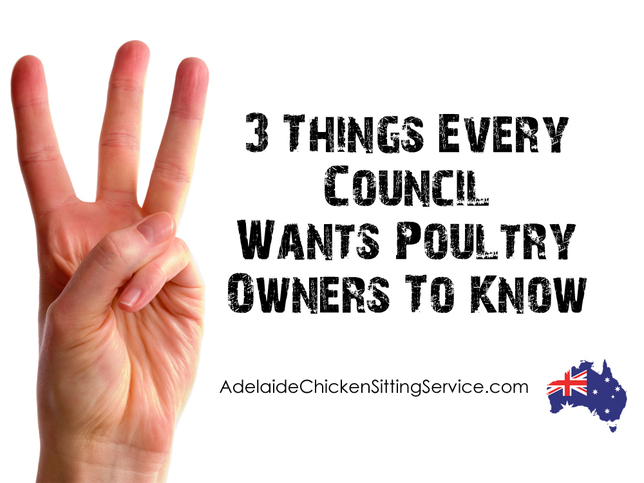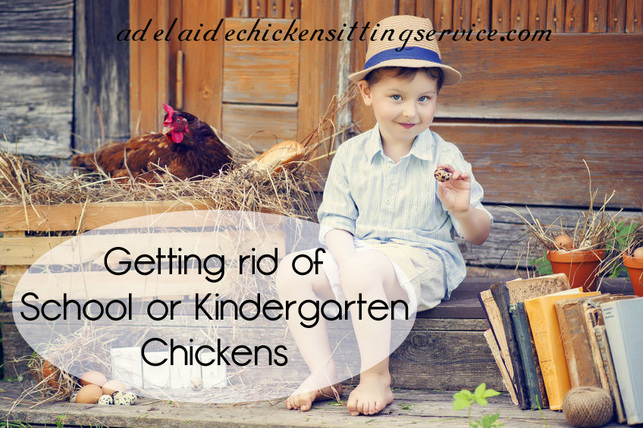You can find the information from your local district council office online, phone or drop into their reception.
Sometimes guidelines may be a little unclear, policies may not have been strictly formulated and that is usually because problems with poultry in that district are so rare that policies were not required.
But there are 3 rules every council zone requires of any pet owner.
And it will help you to keep the neighbourhood peace.
- Sound
- Smell
- Pest Control
Sound
Certain breeds of poultry can be noisier than others. Research your breed before buying where ever possible.
Roosters are the most commonly complained about bird, and many councils forbid the ownership of roosters because of that. Some councils may have a Rooster Removal Program in place. Your neighbours are entitled to keep a noise diary as they would for a noisy barking dog, in order to register a complaint.
Reducing your flock size can reduce noise, too. But most breeds are reasonable in noise level, preferring only to be at their loudest around egg laying once a day.
As a matter of courtesy, let your nearest neighbours know that you are thinking of buying chickens, just to see if they have any concerns or objections. Quite often they can be appeased with the occasional carton of free eggs or a bag of chicken manure for the garden.
Smell
Keep the coop and run as clean as possible, especially dealing with smelly wet areas during rainy periods. Garden Lime can be mixed into the smelliest areas to help reduce odour, while the coop it self should be cleaned out daily where ever the hens roost for the night.
In summer, the heat can also cause manure piles to heat up and increase odour.
Dispose of old or wet bedding into the compost pile and mix through thoroughly, or place into your greens bin for rubbish collection day.
Hens should never smell bad, but if they do they should be thoroughly checked over by your avian vet for bacterial issues such as Vent Gleet.
Pest Control
Reducing the likelihood of unwanted pests in the coop and yard starts with access to the poultry's food source. Treadle feeders are the answer to stopping mice, rats and pigeons from getting at the food. Their body weight is not enough to open this type of feeder. It only takes around 3 weeks to train poultry to use a treadle feeder. If it does not work, then change to a different brand.
With mice and rats visiting a food source, this may also encourage snakes to visit. One food source for another.
Flies in the warmer months also need to be trapped by fly bait traps or sticky fly paper, which are available at all hardware stores nationwide.
You can also reduce pests from accessing the coop by installing a solid flooring such as pavers or concrete. This also makes it a lot easier to treat the coop for any outbreaks of lice or mites as they can burrow down into the soil up to 30cm. A solid floor can help reduce these outbreaks enormously.





 RSS Feed
RSS Feed